This post is part of series by Brookings experts on Trump in 2018.
It remains to be seen if the mid-term elections of 2018 will be the Democratic “wave” that many have predicted—sweeping out Republican majorities in both the House and Senate. Regardless of next November’s electoral outcome, we already know that the chairmen of both the House Foreign Affairs and Senate Foreign Relations Committees will be different. Who are the likely candidates to replace the current chairmen and what might be the implications of these transitions?
Assuming Republicans hold their majority in the Senate…
The Senate’s long-standing practice of selecting chairmen based on seniority dictates that Sen. James Risch (R-Idaho) will replace Sen. Bob Corker (R-Tenn.) when he retires in 2019. However, Risch has not been an active member of the Foreign Relations Committee, sponsoring only one piece of committee legislation (a concurrent resolution) in the last two congresses. It is believed that Risch is more interested in chairing the Senate Select Committee on Intelligence, arguably a more prestigious and powerful committee than Foreign Relations. Risch is in line to replace the current Intel chair Sen. Richard Burr (R-N.C.) when he retires in 2022.
If Risch decides to pass on chairing Foreign Relations and bide his time for Senate Intel, the next in line would be Sen. Marco Rubio (R-Fla.). Rubio is one of the committee’s most active members and presumably would like the chairmanship. A Rubio-led committee could reorient U.S. foreign policy towards Latin America. Rubio has been a hawk towards Cuba and Venezuela and it’s likely that western hemisphere issues would be prioritized. Rubio has also been the chair of the Middle East and North Africa Subcommittee where he has been a vocal critic of Iran’s regional activities; Rubio could push for greater U.S. engagement in confronting Iran in Yemen, Syria, Lebanon, and Iraq.
Sen. Rubio has not ruled out a run for the presidency in 2020, however, and while chairing Foreign Relations could give Rubio a high-profile position, the job would demand a great deal of time and effort that he might prefer to spend campaigning. Rubio was criticized during the 2016 presidential campaign for missing numerous Senate votes, and he may not want to revive that narrative by being an absentee chairman.
If the Democrats take the Senate…
Here’s where things get very interesting. Following the 2015 indictment of Sen. Bob Menendez (D-N.J.) on corruption charges, Sen. Ben Cardin (D-Md.) assumed the position of ranking member on the Senate Foreign Relations Committee. Last month, Menendez’s corruption case ended in a mistrial but a Senate Ethics Committee investigation remains ongoing. If the Ethics Committee clears Menendez, it is widely believed that he will ask Cardin to step aside to become chairman of Foreign Relations.
There may be little difference between a Rubio and Menendez chairmanship. Menendez has been a hawk on Iran and would certainly reorient the committee’s focus towards Latin America, Cuba, and Venezuela in particular. One area of potential difference from Corker would be Menendez’s interest in the Israeli-Palestinian conflict. Menendez has been a staunch pro-Israel voice and would probably look to push hard for greater scrutiny of U.S. assistance to Palestinians.
Even if the Democrats take back the Senate, Sen. Menendez’s return to the Committee chairmanship is not a done deal. Sen. Cardin may not want to give up his current position; Cardin has now been ranking member of Foreign Relations for two years and by all accounts, he likes the position. But there is speculation that Menendez stepped down as ranking member in 2015 only after he was given assurances that, if cleared of corruption charges, he would be allowed to resume his post.
If Cardin gives up his position on Foreign Affairs, it would probably be to take the chairmanship of the Environment and Public Works Committee where he is currently the second-highest-ranking Democrat behind Sen. Tom Carper (D-Del.). Carper is up for reelection in 2018 and although his seat is a safe Democratic hold, he has not committed to running.
If Republicans hold the House…
Chairman Ed Royce’s (R-Calif.) chairmanship terms out following the 2018 mid-term elections in accordance with House rules, and it’s unlikely that he would ask House leadership for a waiver to continue on as chair. Several candidates are rumored to be angling to replace Royce including Michael McCaul (R-Texas), Steve Chabot (R-Ohio), and Chris Smith (R-N.J.).
Unlike in the Senate, Republican House chairmanships are doled out by the “Steering Committee” which makes committee assignments based on a number of factors including (but not limited to) seniority, demonstrated fundraising capacity, and loyalty to leadership. In 2015, Freedom Caucus Chair Mark Meadows (R-N.C.) had his subcommittee stripped away for bucking then-House Speaker John Boehner, a position that was subsequently restored—but only after the point was made that loyalty matters.
The obvious frontrunner to replace Royce is McCaul, the current chairman of the House Committee on Homeland Security. McCaul has a personal net worth of an estimated $108 million, making him the second-wealthiest member of the House. He has demonstrated an ability to raise money for the party and has enjoyed a good relationship with House leadership. During this Congress, Chairman McCaul passed a bipartisan authorization of the Department of Homeland Security, the agency’s first authorization since establishment. And McCaul is a senior member of the Foreign Affairs Committee. McCaul has also focused a great deal on countering violent extremism and terrorism, areas that would likely feature prominently under his chairmanship.
There are, however, two long-shot reasons why the next chairman might not be McCaul. First, McCaul could decide to primary Sen. Ted Cruz for the Texas Senate seat in 2018 or take a position in the Trump administration. Neither of these is likely, given Cruz’s popularity in Texas and some recent attacks on McCaul by rightwing immigration hawks.
If McCaul is not the next chairman, there could be a power struggle between Rep. Chabot and Rep. Chris Smith. Chabot is likely to be the preferred choice of House leadership given Smith’s prior removal as Chairman of the Veterans Affairs Committee in 2005. Smith is also not known as a prodigious fundraiser for the Republican Party, but he ran against Royce for the chairmanship in 2012 and is believed to want a gavel.
If the Democrats take the House…
Democrats’ retaking the House is the least likely scenario by most accounts but if it happened, the current ranking member of the House Foreign Affairs Committee, Eliot Engel (N.Y.), would succeed Royce. Engel has been a hawk towards Iran, staunchly pro-Israel and a pragmatic centrist known for working across the aisle, at times against the wishes of his own Democratic leadership. If there were any reason why Engel would not succeed Royce, it would be Engel’s previous opposition to the Iran Joint Comprehensive Plan of Action (JCPOA)—the Iran Nuclear Deal.
It’s implausible that another Democrat would challenge Engel for the Foreign Affairs chairmanship but if someone did, the most likely candidate would be Rep. Gerry Connolly (D-Va.). Connolly is the only senior Democratic member of the committee who could conceivably challenge Engel—and that would be a coup. It’s conceivable that either Engel or Connolly would use the House Foreign Affairs Committee to go after Russia and its attempts to influence the 2016 presidential election. Democrats on the committee have pushed hard for an investigation, and a retaking of the House would probably open the floodgates for all relevant committees to open related investigations.
Regardless of the outcome of the 2018 mid-term elections, there will be transitions at the top of both the Senate and House international affairs committees. Between now and then, there will be a lot of jockeying for position, especially in the Senate. This remains an area to watch in 2018.
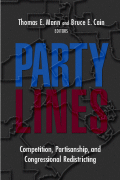
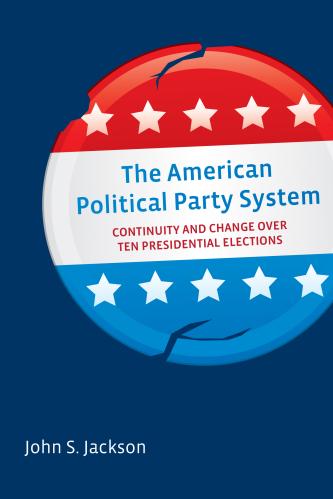
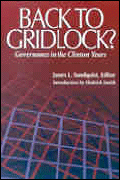
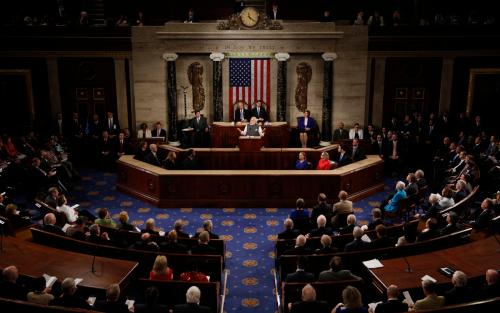
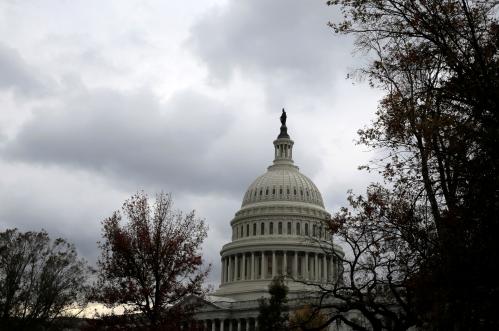
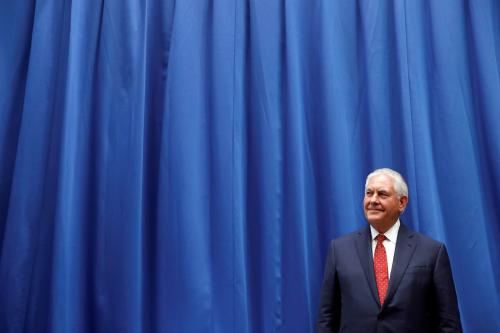

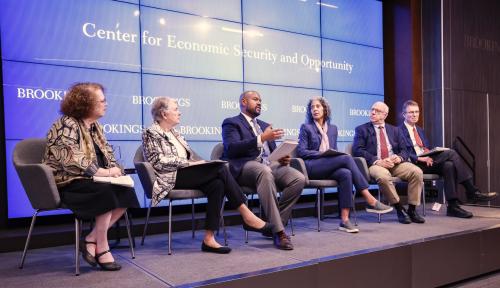
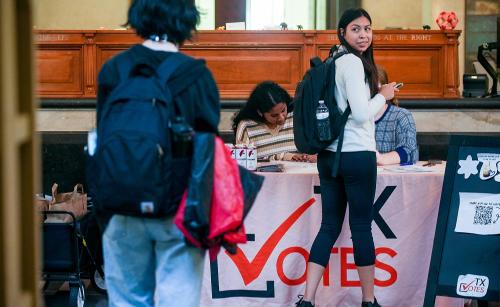
Commentary
Trump in 2018: Who will lead foreign policy in Congress?
December 28, 2017